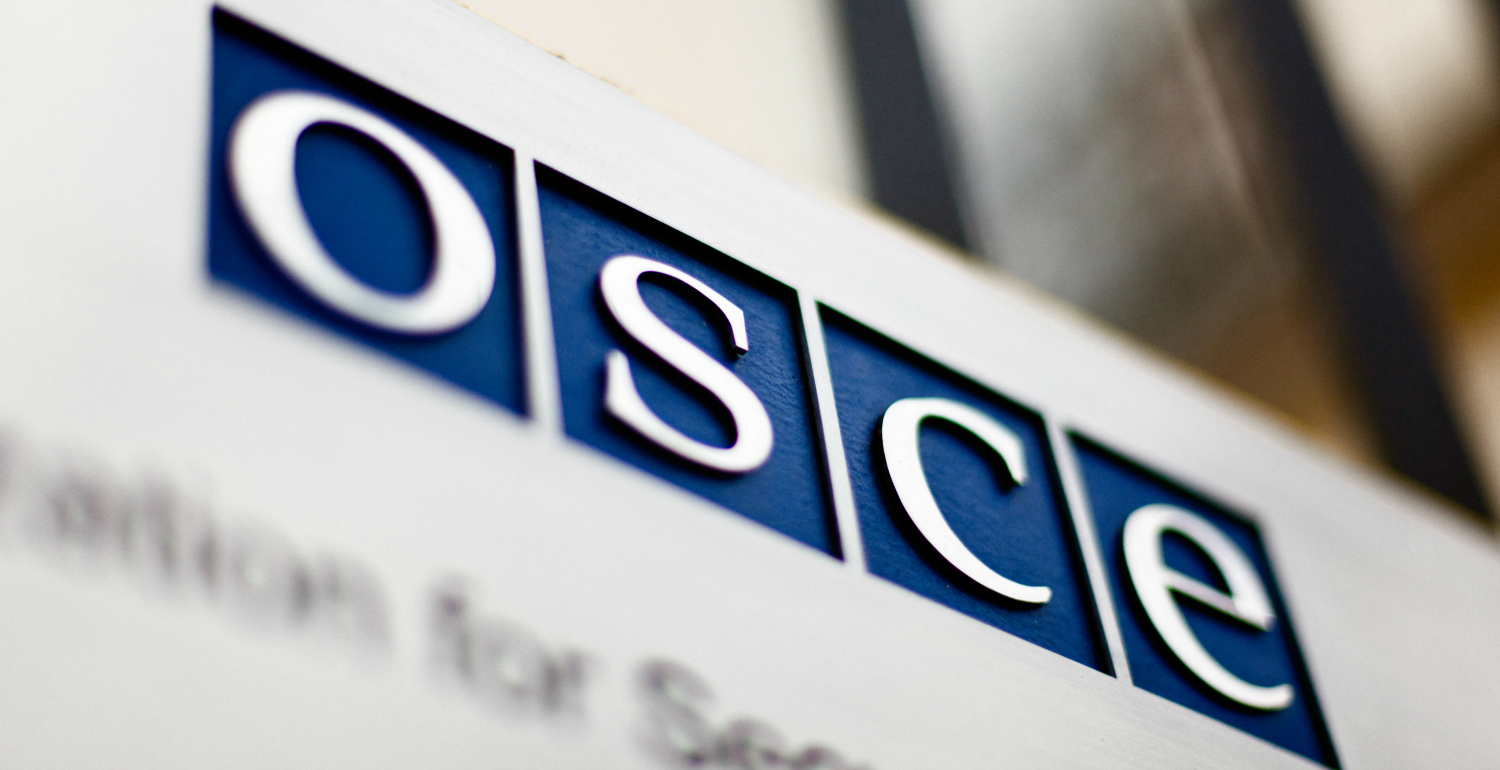This hearing, chaired by Commissioner Steny Hoyer, took place after the first meeting of three 4-week meetings of the Conference of the Human Dimension. These meetings were a function of the Conference on the Security and Cooperation in Europe the first of which took place on June 23, with the 35 member states of the OSCE in attendance. On the U.S.’s part, the goal was to seek greater implementation of the human rights and human contacts provisions of the Helsinki Accords.
The atendees discussed the Vienna Concluding Document of January 1989, continued Soviet and East European violations of the rights of national minorities and religious believers and restrictions on the rights of free assembly, association, expression, and noncompliance with human contacts provisions, and fostering greater respect for human rights and fundamental freedoms.






